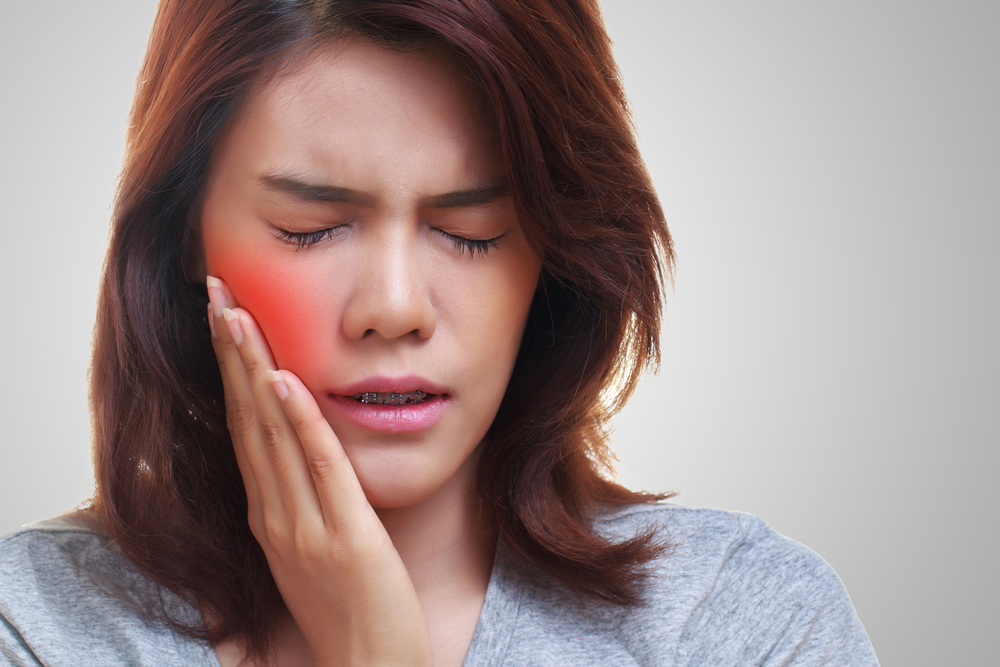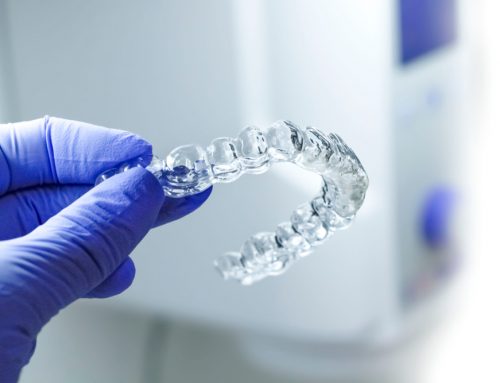There’s nothing quite like biting into an ice cream cone, only to be hit by the pain of a sensitive tooth. If you haven’t experienced it yourself, I’m sure you’ve been around someone while they have. As though that numbing yet sharp painwasn’t bad enough, we’re forced to feel it while enjoying some of our favourite foods.
There are several reasons why we might be experiencing sensitive teeth, but most of them are easily treated. That’s why, for this article, we’re focusing on what you should know about tooth sensitivity.
WHY DO WE EXPERIENCE SENSITIVE TEETH?
“Dentin hypersensitivity” (the formal term for sensitive teeth) is usually the result of the inner part of the tooth being exposed. It happens to many people as we age. Common conditions such as receding gums and enamel wear will help advance it.
If you could see inside your tooth, you’ll be amazed by the thousands of microscopic channels that run throughout, connected to the nerves inside. We feel pain when something outside of the tooth triggers these tiny nerves such as hot or cold food.
WHAT CAUSES DENTIN HYPERSENSITIVITY?
A dentist will be able to confirm dentin hypersensitivity, as well as the cause and solution. One of the biggest causes, for example, is enamel wear. This usually comes from brushing too hard, or grinding your teeth as you sleep. Your dentistwill find out what exactly is causing your enamel wear, and either recommend a mouth guard to prevent the grinding, or brushing with a softer toothbrush.
Other common causes of sensitive teeth include:
- Gastroesophageal reflux (GERD). This is when acid rises from the stomach, eventually wearing down your enamel.
- Other conditions with vomiting as a symptom such as bulimia and gastroparesis.
- Damaged teeth, such as a chip you suffered years ago when playing hockey. Broken or chipped teeth expose the dentin.
- Tooth decay, including previous fillings that are deteriorating.
TREATING SENSITIVE TEETH
Often, the pain of a sensitive tooth is a sign of a problem, such as a cavity. Removing the decay usually causes the pain to go away immediately.
If the pain is mild and there are no underlying medical condition causing it, an over-the-counter remedy may work. A toothpaste for sensitive teeth, for example. You may also find relief from switching to soft toothbrushes. An alcohol-free mouthwash may also do the trick.
In the end, the first step towards solving your sensitive teeth is talking to your dentist. They can help you investigate why the sensitivity is happening, and get you started on the path to a healthier, happier mouth.



